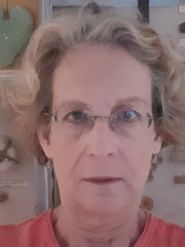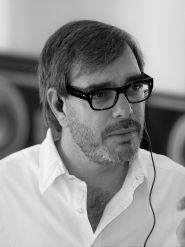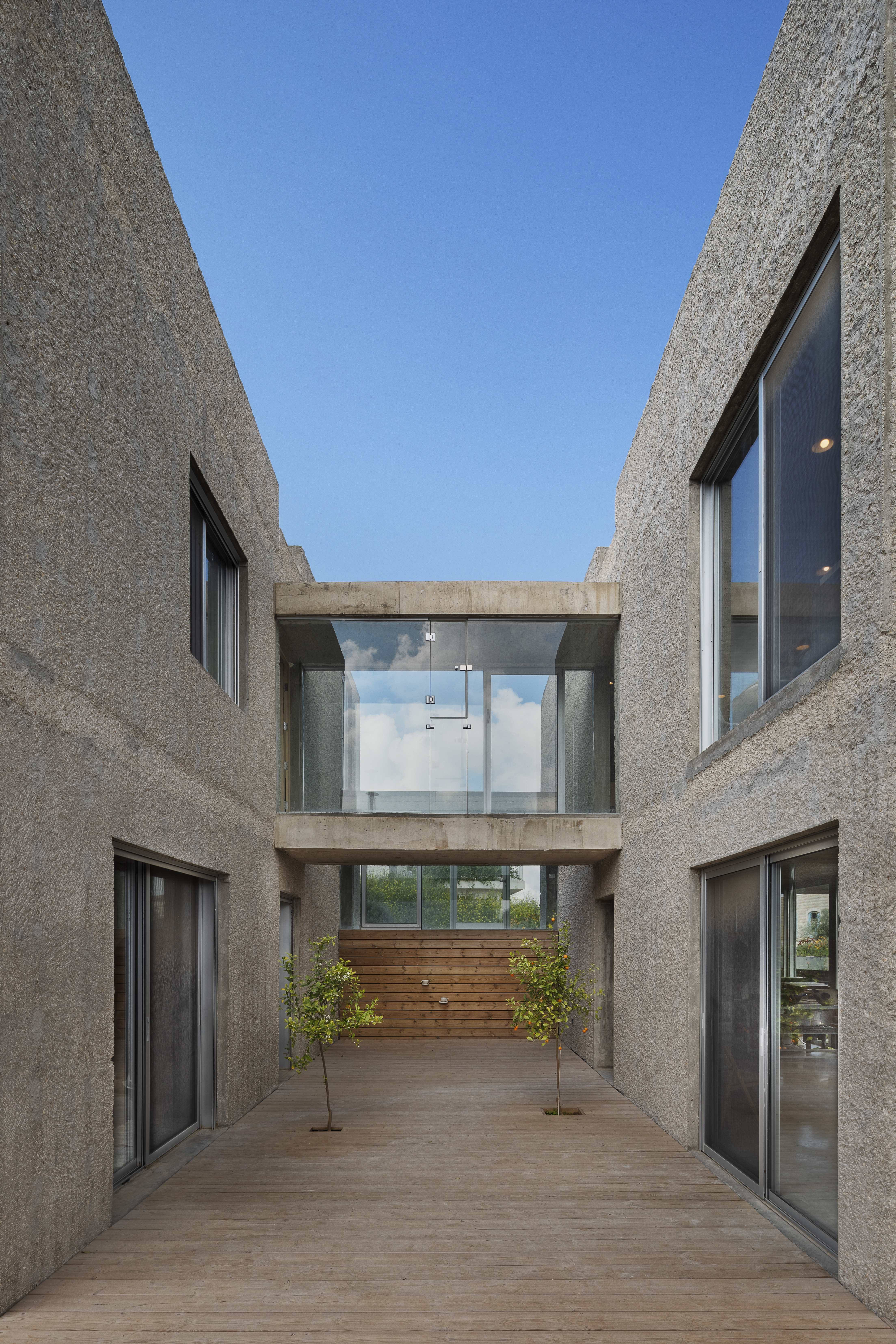Master's Program in Urban Design (M.Urb.Des)
התכנית לתואר שני בעיצוב אורבני
برنامج اللقب الثاني في التصميم الحضري

Prof. Senan Abdelqader is a practicing architect and urban planner, founder and owner of Senan Architects (SA), which he established in 1995 in Herzeliya, in Jerusalem in 2004, and in 2014 in Tel Aviv-Jaffa.
Through working on numerous private projects and other public ones, that try to influence and are influenced by social and political variables, Senan has created a public platform where the process of planning is considered to be a collective act and a space for civil practices.
During his practice in SA, Senan started teaching at Tel-Aviv University in 1998; he then founded the “in-formal” research unit in Bezalel Academy of Arts and Design in 2006, giving the possibility to architecture students to critically experiment a space where formality and informality are tangled
Senan has participated in various local and international architectural Biennales and exhibitions, among which, the São Paulo Biennale in Brazil in 2007 where he published his book “Architecture of (in)Dependency”, in which he introduces the possibility of transforming the rural life that the Palestinians live, into a contemporary urban life.
In 2018 he established the Institute for the Study of Arab Culture in Visual Arts, Design and Architecture at the Bezalel Academy of Arts and Design.
An Architect in practice and in academia with vast knowledge and experience in Architecture and Urban Design.
Noa has been a lecturer for over a decade in the Architecture department and is also currently the academic coordinator of the master’s degree in Urban Design. She was in charged of “Tempus” program, a European program for higher education.
Noa holds a Master’s degree in Architecture from the "de la ville et des territoires" school in Paris, which was then followed by several years of international practice experience both in France and New-York. Abroad Noa has worked on a variety of scales, from the MDU – Mobile Dwelling Unit, which was exhibited in the Whitney museum in NY, to a large public realm in the French city of Rennes. Back in Israel, Noa has worked on some of Israel’s most significant regeneration projects, such as central Netanya and the new development of North-West Tel Aviv.
Since 2010 Noa has her own practice and is also a senior consultant to the Jerusalem Planning Authority overseeing some of their major projects such as the new Entrance to Jerusalem Masterplan.

Tamar Berger, Senior Lecturer, The Department of Architecture, the Urban Design Master's Degree Program, Oman - the Heredi Extension and the Visual & Material Culture Department. Teaches and writes on issues of space, space and culture, urbanity and modernity in general in the Israel context. Her books: "Dionysus at Dizengof Centre" (Hakibbutz Hameuchad), "Issues in the Theory of Space" (The Open University), "In the Space Between World and Toy" (Resling) and "Autotopia" (Hakibbutz Hameuchad). More articles, essays and travelogues at www.tamarberger.com.

Prof. Dr. Zvi Efrat, Architect and Architectural Historian, is partner at Efrat-Kowalsky Architects (EKA) and was Head of the Department of Architecture at the Bezalel Academy of Arts and Design, Jerusalem (2002-2010). He holds B.Arch. from Pratt Institute, MA. In Cinema Studies from NYU and PhD. In Architectural History and Theory from Princeton University. He has taught and lectured worldwide, published extensively and curated numerous exhibitions.
His book, The Israeli Project: Building and Architecture 1948-1973, was published in Hebrew in 2004 by the Tel Aviv Museum of Art. His book The Object of Zionism, The Architecture of Israel was published by Spector Books, Leipzig, in 2018.
Among the recent projects of Efrat-Kowalsky Architects (EKA): Performing Arts Campus in Jerusalem: The Israel Museum in Jerusalem (renewal and expansion); City Museum of Tel Aviv (preservation and new additions): The Ramat Gan Museum of Israeli Art; The Holocaust Museum in Thessaloniki, Greece.







